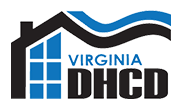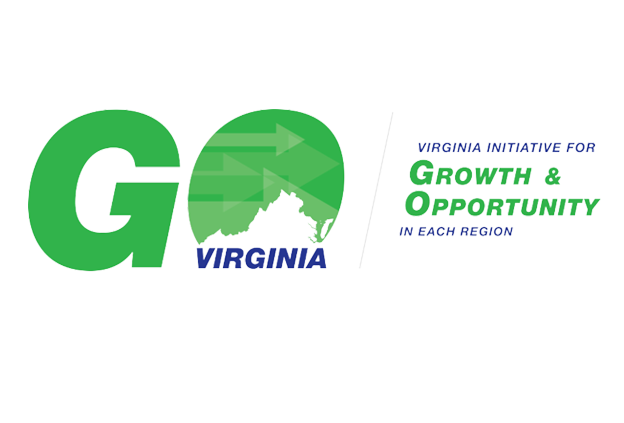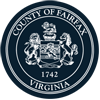
Recent News

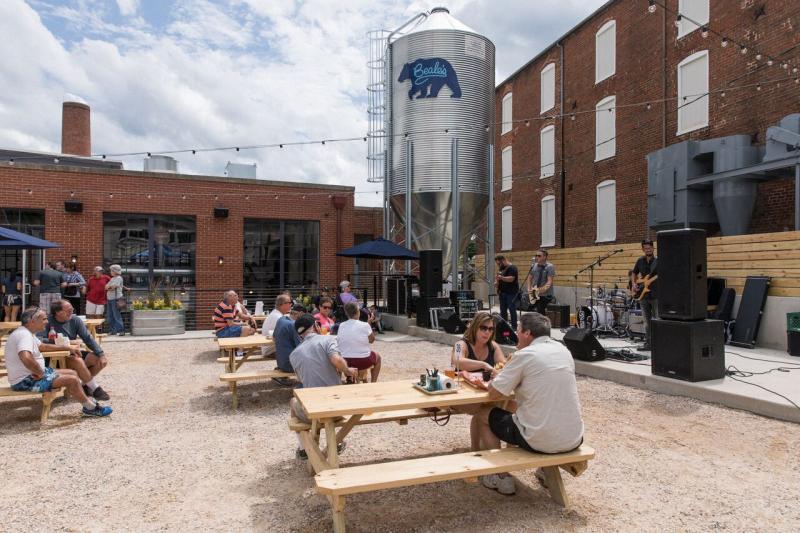

Upcoming Events
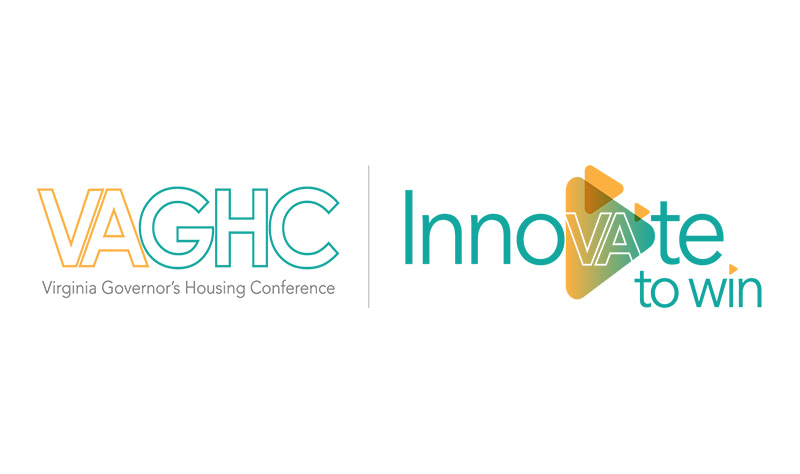
Current state law requires landlords and tenants to cooperate with each other in matters regarding nonpayment of rent and applying for rental assistance based on income eligibility and availability of rental assistance funds. If you feel like this is not happening, you should contact an attorney to learn more about your legal rights.
Those experiencing homelessness or other housing crisis should contact their local crisis assistance hotline by clicking here to find your local hotline.
The Virginia Building Codes are updated through the code development process. Virginia is a leader in building and fire code development, and stakeholder input is vital to Virginia’s code development process. Participation is encouraged and remote participation is made possible through cdpVA.
The Virginia Residential Landlord and Tenant Act (VRLTA) handbook has been prepared to provide information on the rights, remedies and responsibilities of landlords and renters concerning the rental process. Before signing a lease, prospective tenants should read and understand the terms of the contract. Consulting a lawyer or the landlord for clarification of the rental agreement is advisable.
